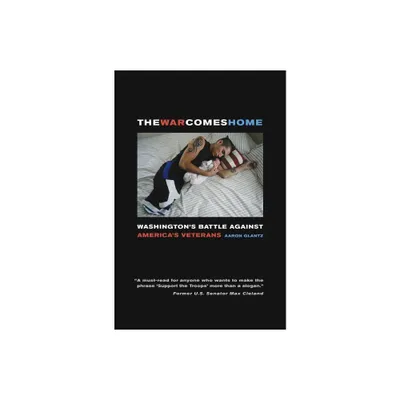Home
4000 Bowls of Rice: A Prisoner War Comes Home
Loading Inventory...
Barnes and Noble
4000 Bowls of Rice: A Prisoner War Comes Home
Current price: $18.95


Barnes and Noble
4000 Bowls of Rice: A Prisoner War Comes Home
Current price: $18.95
Loading Inventory...
Size: Paperback
*Product Information may vary - to confirm product availability, pricing, and additional information please contact Barnes and Noble
OVER 60,000 Australians and Americans captured by the Japanese during World War II toiled and died to build the Bridge over the River Kwai. Respected military historian Linda Goetz Holmes tells the story of one man's survival in Japanese labor camps during WWII. Amazing photographs, taken secretly by other prisoners, chronicle this dark history of Allied troops in the Pacific theatre of war. From Publishers Weekly This account of World War II captivity under the Japanese is only half as depressing as most, because historian Holmes spends much of this book recounting happier events during the long incarceration before all POWs returned home, more than three months after Japan's surrender. The author's central figure, Australian Staff Sergeant Cecil Dickson, had been a reporter for a Melbourne paper who wrote regularly to his wife. Already a veteran of fighting in the Middle East, he was returning home with his battalion in January 1942 when it was diverted to Java. Eventually, the battalion joined masses of American, British, Australian and Dutch prisoners working under brutal conditions on the Singapore-Burma railway, where 15,000 POWs and far more civilians died. Holmes provides a vivid description of the sadistic cruelty inflicted on prisoners, arguing that this followed the Japanese samurai tradition of contempt for warriors who surrender, despite evidence that mistreating prisoners was deliberate government policy. Between stories of suffering, often illustrated with photographs hidden till after the war, the author describes the exhilarating months after Japan's surrender when prisoners received their first nourishing food (and often first clothes) in four years. Dickson's newly discovered letters provide a lively picture of day-to-day life in postwar Thailand as the Allies slowly organized to evacuate tens of thousands of POWs. (Sept.) Copyright (c) Reed Business Information, a division of Reed Elsevier Inc. All rights reserved.


















